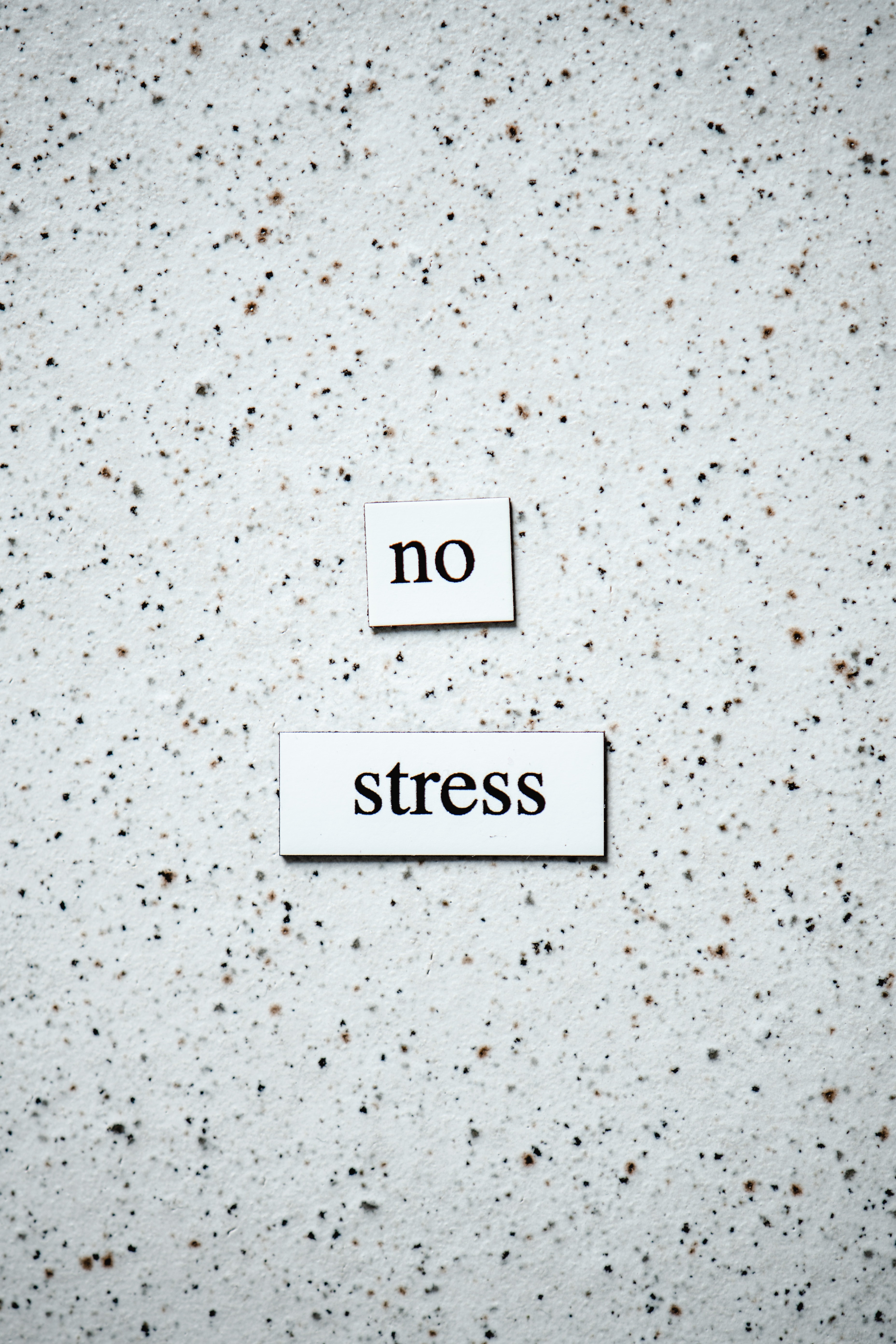Knitting is my favorite creative outlet and a great skill to have, but did you know that there are many other benefits of knitting?
From reducing stress and promoting mindfulness to improving cognitive health, the simple act of knitting can have a profound impact on your well-being. Knitting can contribute to a happier, healthier life, and I’m not just saying that because you’ll have so many beautiful hand-made sweaters.
You might think that you would be super stressed out and frustrated when you’re learning how to knit, but once you get the basics, you’ll realize how therapeutic it is!
Who knew knitting had so many awesome benefits?
Stress Relief
One of the greatest benefits of knitting is its stress-relieving power. The repetitive motions are super calming and help to take your mind off every day worries. As you focus on each stitch, your thoughts naturally turn away from everyday worries and distractions.

This meditative state can help lower your heart rate, blood pressure, and cortisol levels, leading to a more relaxed state of mind. Research has shown that engaging in activities like knitting can activate the body’s relaxation response, counteracting the effects of chronic stress and anxiety.
Moreover, the rhythmic motions involved in knitting help you get into that “flow” state where you just lose yourself in what you’re doing, which can do wonders for your mental well-being and resilience in the face of stress.
Mindfulness
Another of the benefits of knitting is that it encourages mindfulness, which is all about being fully present in the moment without judgment. By concentrating on the pattern, yarn, and needles, you become more aware of your surroundings and your internal sensations. This focused attention helps to improve your ability to manage stress, anxiety, and negative emotions, while also promoting a greater sense of self-awareness and self-compassion.

Practicing mindfulness through knitting can also help to regulate emotions, as it encourages you to observe your thoughts and feelings without getting caught up in them. This non-judgmental observation can lead to a more balanced emotional state and foster resilience when faced with challenges.
Cognitive Health
Did you know that knitting can also improve your cognitive health? Knitting provides a workout for your brain as well as your hands! Following complex patterns, counting stitches, and learning new techniques can help to sharpen your memory, problem-solving skills, and overall cognitive function. In fact, some studies have shown that engaging in mentally stimulating activities like knitting may reduce the risk of developing cognitive decline and dementia as you age.
The bilateral coordination required in knitting, using both hands to manipulate needles and yarn, can also contribute to improved hand-eye coordination and fine motor skills. These cognitive benefits extend to people of all ages, making knitting a valuable activity for maintaining mental sharpness throughout life.

Improved Mood and Emotional Well-Being
Completing a knitting project can give you a sense of accomplishment and pride, boosting your self-esteem and overall mood. Moreover, the act of creating something beautiful and functional can provide a sense of purpose and satisfaction. Additionally, knitting’s rhythmic, tactile nature can release serotonin, a hormone associated with feelings of happiness and well-being.
That’s a lot of ways that knitting can boost your mood! And the benefits of knitting don’t stop there.
Knitting can also serve as a healthy coping mechanism for dealing with difficult emotions or life events. By providing a creative outlet, knitting allows you to express and process your feelings in a constructive way, promoting emotional healing and personal growth.

Social Connection
Knitting can help you forge meaningful connections with others who share your passion. Whether you join a local knitting group or participate in online forums, engaging with fellow knitters can offer valuable support, friendship, and a sense of belonging. These social connections can help combat feelings of loneliness and isolation, contributing to better mental health.
Participating in knitting communities can also provide opportunities for learning and personal growth. By sharing ideas, techniques, and experiences with others, you can expand your knitting knowledge and foster a sense of camaraderie.
Pain Management
Some chronic pain sufferers have found relief through knitting, as it can serve as a distraction from discomfort and provide a sense of control. By focusing on the creative process, individuals may experience a reduction in pain perception, making knitting a potential complementary therapy for managing chronic pain conditions.
Research has shown that engaging in activities that require focus and concentration, such as knitting, can activate the body’s natural pain-relieving mechanisms. This may be due to the release of endorphins, which are natural painkillers produced by the body, or to the reduction of stress hormones that can exacerbate pain sensations.
Furthermore, the relaxation and mindfulness aspects of knitting can contribute to improved pain management by promoting a greater sense of body awareness and a more relaxed state of mind. This can lead to better coping strategies and an increased ability to tolerate discomfort.
The Verdict?
The therapeutic benefits of knitting go beyond creating beautiful garments and accessories. As a stress-relieving, mindfulness-promoting, and cognitive health-enhancing activity, knitting can play an important role in maintaining mental and emotional well-being. Additionally, the social connections fostered through knitting communities and the potential benefits for chronic pain management make this beloved craft an invaluable tool for promoting overall health and happiness. So, the next time you pick up your needles and yarn, take a moment to appreciate the positive impact this timeless art form has on your life.

